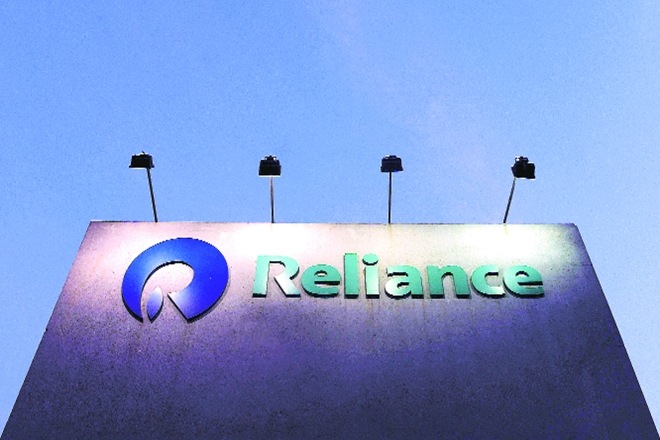The Supreme Court on Monday sought response from the Reliance Industries (RIL) on the Gujarat government plea seeking to levy central sales tax on inter-state sales of Liquified Petroleum Gas (LPG) supplied by the firm to oil marketing companies. A bench headed by Justice Ranjan Gogoi issued notice to RIL after the state government challenged the October last year’s order of the Gujarat High Court’s order that ruled in favour of the Mukesh Ambai firm. RIL, engaged in the refining and sale of petroleum products, sold LPG for domestic use to LPG Infrastructure.
The HC had held that the amendment in entry 69 of Gujarat Value Added Tax Act with effect from October 3, 2008 would make no difference and addition of the words “by the consumers of the State” in the said entry would not alter the leviability of the central sales tax in terms of section 8(1) of the Act.
Senior counsel S Ganesh and counsel Hemantika Wahi, on behalf of the state government, the HC failed to appreciate that by virtue of amendment in entry 69 with effect from October 3, 2008, the words “by the consumers of the State” were added. “This would have significant bearing on the taxability of inter-state sales of LPG. The exemption was confined only to the local sales and by virtue of section 6(1A) and true interpretation of section 8(1) of the Central Sales Tax Act, such exemption from CST would no longer be available on inter-state sales,” it said.
After amendment to Entry 69 of the Gujarat Value Added Tax Act 2003 in 2008, the intra-state sales of LPG continued to be exempt but not its inter-state sales, according to the SLP.
RIL had opposed any such levy on the grounds that since the whole of tax on such sale was exempt earlier under Section 5(2) of the Gujarat VAT Act, it had not collected tax on such sale in respect of its inter-state sales, relying on provisions of Section 8(1) of the Central Sales Tax Act.
Even the Gujarat Value Added Tax Tribunal had ruled in favour of the company by holding that the state government had no authority to levy tax on inter-state sales. The Tribunal had also referred to the amendment made in section 8 of the CST Act with effect from April 1, 2007 and observed that prior to such amendment, it was possible for the state government to restrict its exemption only to local sales by providing for a conditional exemption in which case CST would be leviable at normal rate.
However, with effect from April 2007, the state government cannot make any distinction between the inter-state and intra-state sales, the tribunal said, adding that the orders passed by the state tax authorities holding that inter-state sales of LPG for domestic use subsequent to October 2008 is liable to tax under the CST Act is incorrect.
The inter-state sales of LPG for domestic use would invite nil rate of tax under section 8(1) of the CST Act read with entry 69, even after the amendment made in the said entry, the tribunal stated.
However, the state legislature removed entry 69 with effect from October 1, 2014 and thereby withdrew the exemption from tax on LPGeven on the local sales. Similar appeals filed by ONGC and Indian Oil are pending before the apex court.


